The entrance
Two weeks into the Young African leaders training camp in Badagry we had decided the site of our intervention will be Maiduguri. An ancient city located in a remote part of north eastern Nigeria. The region had been rumbling for decades before the violence finally erupted almost a decade ago and assumed an unprecedented dimension with the abduction of over 200 school girls from their dormitories at Chibok. It further degenerated with alarming reports of starvation and hunger threatening millions of residents.
We arrived by road at about 6pm in the evening and as we approached the teaching hospital where we were to reside; we saw a relatively quiet and peaceful Maiduguri. The atmosphere was serene as people went about their normal duties. As we expressed our surprise to the taxi driver he assured us of the safety in Maiduguri, and gave a knowing nod, as he was quick to realise we arrived from the south where negative media had gone viral on the state of the city. On the short trip to our residence we noticed that road blocks had to some extent been removed, giving way to unhindered traffic. We also noticed the alertness of the inhabitants as they were quick to identify soldiers even those dressed in civilian apparel. Though, Femi had been to Maiduguri 6 years earlier, the difference was glaring as the city was less dense although serene. Ugochi said, “I can’t believe this is Maiduguri.
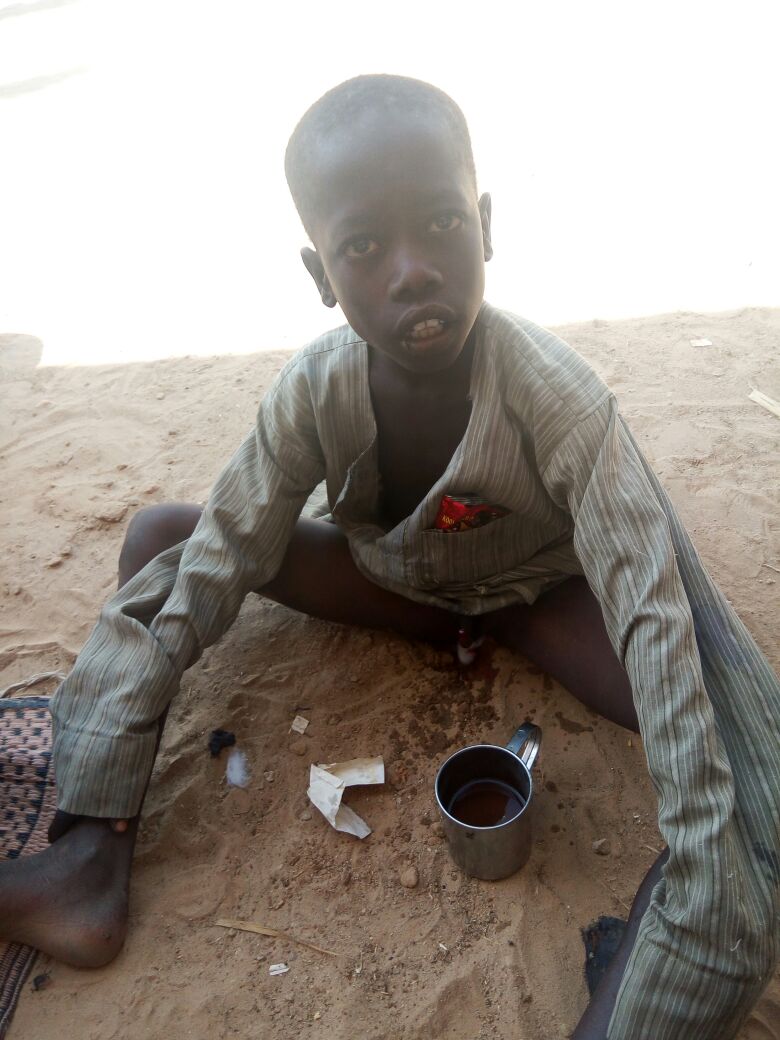
The Experience
We woke by dawn and began preparing for our task. We had come to deliver relief materials to inhabitants at Teachers’ Village, which now houses thousands of Internally Displaced People (also called IDPs) fleeing Boko haram, predominantly women and children. Asides distributing relief materials, we were going to conduct medical and oral health education and screening exercises and treat high risk individuals. The team comprised Dr Olufemi Erinoso and Ugochi Obidiegwu a health and safety professional, Temitope Adenuga (a fellow YALI participant), another team of 5 from the University of Maiduguri Teaching Hospital led by Dr Ibrahim Suleiman, the team comprised Mr Monguno, Dr Aminu Ambo, and two other doctors.
Before the program commenced by 11am, we had communicated with the NEMA chief on ground as well as the district head Alhaji Mamman Kachalla Talba. They were extremely helpful and had an uncanny knowledge of the terrain as well the needs of the inhabitants of the camp. A register had been compiled of people with health needs, and the clinic had been set up. Security operatives had been notified as well and the commanding officer after confirming our permits, offered support.
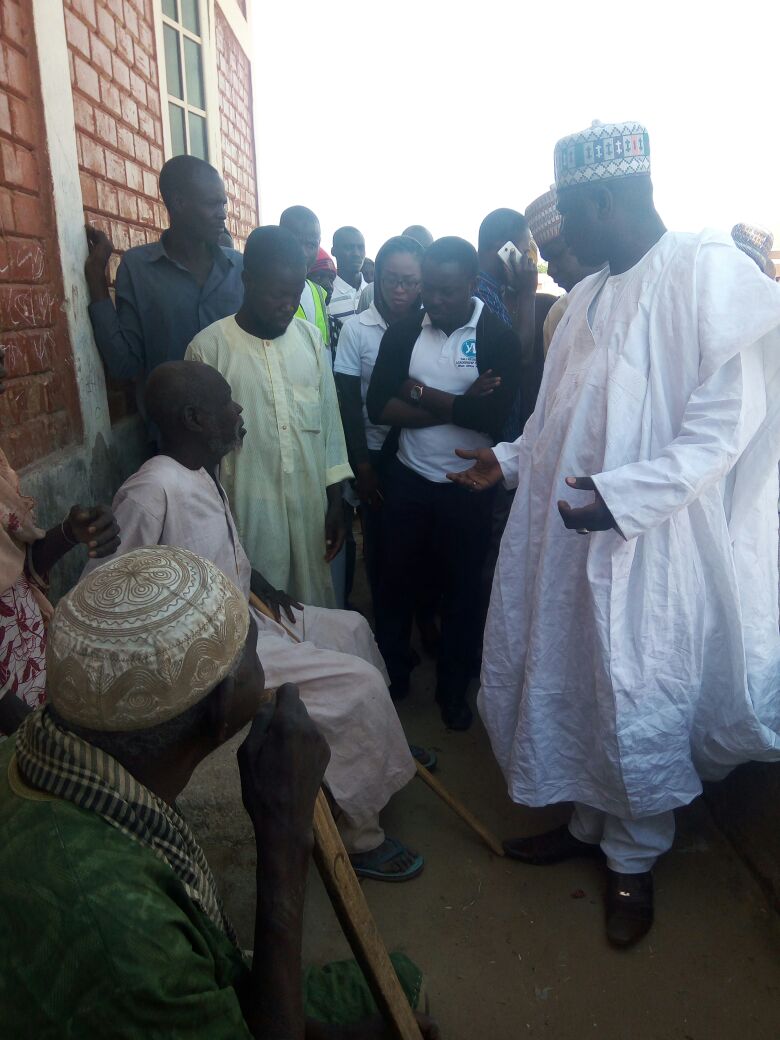
Contrary, to our expectations; the camp was very organised and tranquil. We could see children playing in the harmattan haze and the women sitting on mats discussing in their local dialects. We received a warm welcome and proceeded to work.
While speaking with a survivor at the camp, he recounted his ordeal escaping the book haram after trekking almost 200 kilometers from Baga town. Others who told their stories had fled Gamboru-Ngalla on the eve of the Boko haram attack and come to settle in Kukawa and surrounding Maiduguri districts.
The lingering memory
For security reasons, we had to attend to the inhabitants in batches. Serially we conducted health education sessions with them on hygiene, body care and preventive health methods. The sessions were interpreted in Kanuri and Hausa. Mr Monguno spoke both languages and did an excellent job interpreting with all the nuances absent in the English language.
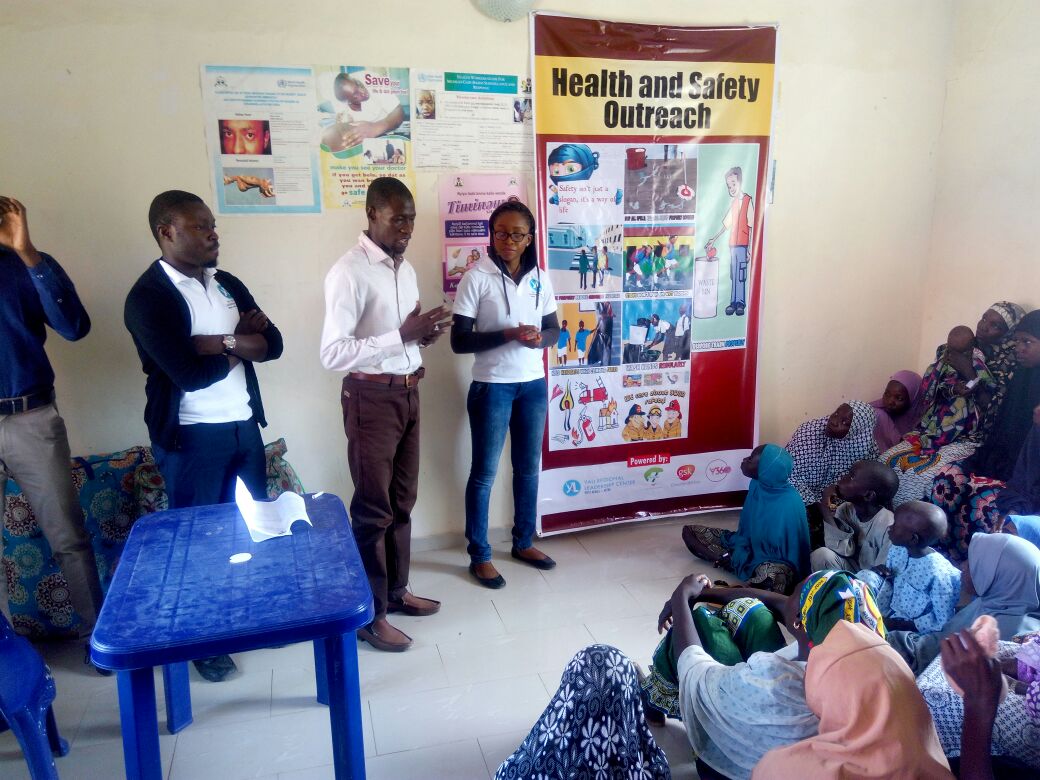
After this we began the screening exercise and were able to identify high index need patients particularly the women and children. The patients were given tags as their treatment was scheduled to be done at the teaching hospital. However those whose medical treatment could be done on site received theirs, this extended till the next day.
The health needs of the inhabitants of the camp bordered on mostly chronic non communicable diseases in the elderly to communicable diseases in the children. The major challenge they were faced with was the poor knowledge of primary health care and sanitation measures coupled with a language barrier, and inaccessibility to a nearby health care facility. Although a primary health centre is situated within the camp, it lacked supplies and equipment, despite this, the staff were cooperative and proactive. In all hundreds were given the rudimentary preventive health education, and dozens received treatment for various medical and dental conditions.
We must set forth at dawn
On completion of the exercise, we visited the district head, who emphasised some progress made in the past months, he also mentioned areas where they were faced with challenges such as accessibility to health care within the district, and he stated that this needed urgent attention. He expressed readiness of the state government and the traditional heads to partner with organisations in equipping and stocking the primary health care center within the camp as well as establishing a medical facility in the district. He concluded by saying the situation in Kukawa was relatively peaceful, and hoped with the progress made by the Nigerian military, things will remain so.
As the day set when we were leaving the camp for our base at the Teaching hospital, we walked towards our vehicles with heavy hearts. The words of the Nobel laureate ‘Wole Soyinka- We must set forth at dawn’ rang in my head. The children playing in the sand, the women sitting idly, waiting for aid, we marvelled at such idleness at this hour. We must begin rebuilding; and we must begin with these people- the survivors.
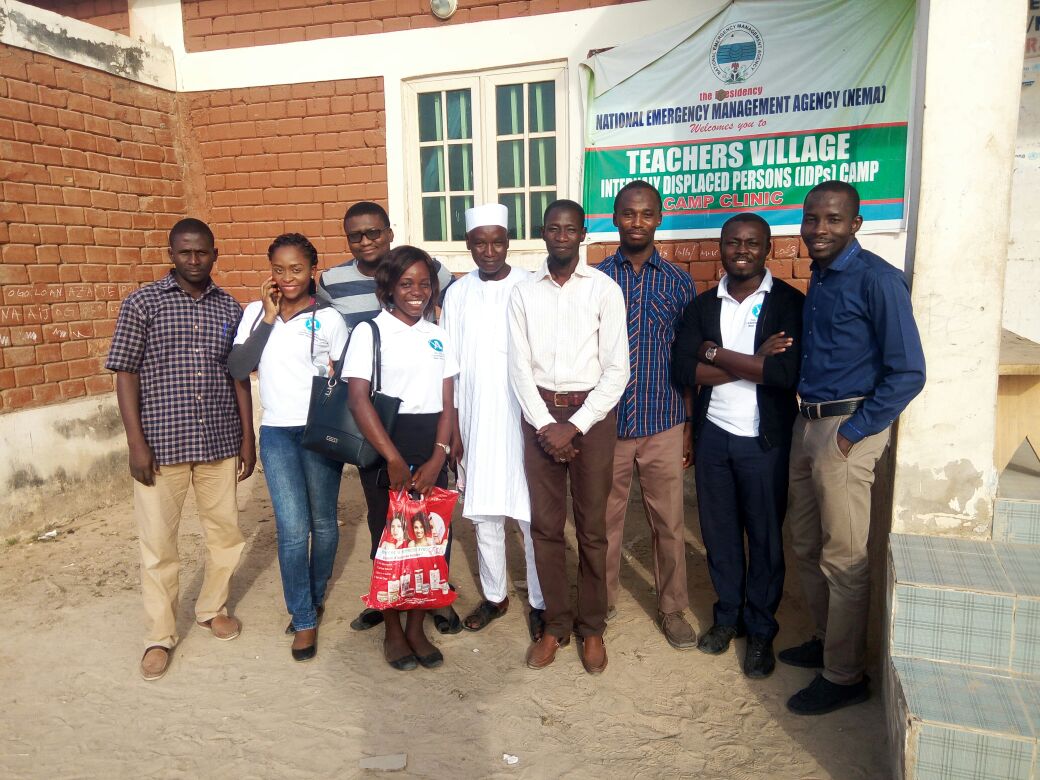
Truly, the doctors, military and civilian officers, as well as traditional leaders who continue to hold the fort deserve our commendation and continuous support. The media, when reporting accurately is a crucial tool for a complete victory, and we must be our brothers’ keeper. Though we speak with different languages and occupy geographically distinct areas of the same country. We are brothers and our collective destinies are joined.
In conclusion, quoting a journalist who visited the same region shortly before ‘I have been to the war front, I have seen, and I now believe. The war is real …’ and we shall win. Who best to help ourselves but ourselves?
Ugochi Obidiegwu and Olufemi Erinoso, Young African Leaders Initiative- West Africa, Nigerian Cohort 1.
This article was originally published on http://tatabu.y360foundation.org/?p=1371




